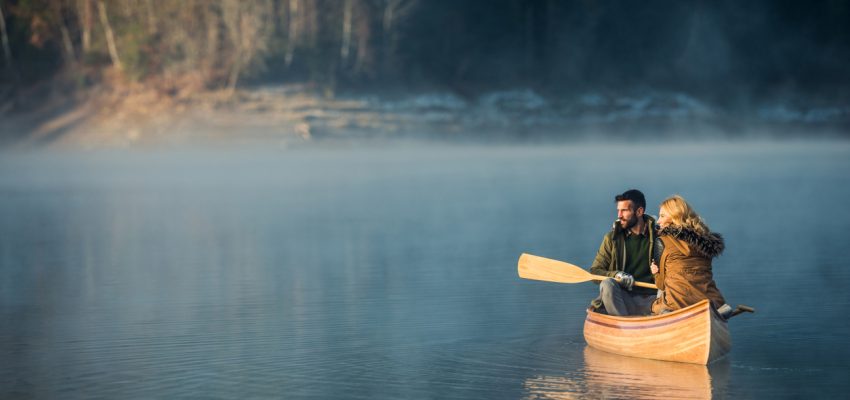Guest post by Shawn Michaels*
Of course you love Mother Nature; that’s why you brave the bugs and nights spent sleeping on hard ground for the joy of spending some quality time with her. Reduce the impact of your visit to your favorite natural places by being mindful of these important dos and don’ts of sustainable camping etiquette.
Stick to the Trail
Wandering off the trail means that you crush and damage plants, fungi and trees while spooking animals and disturbing their nesting sites. Sticking to the trail not only helps to preserve natural areas, it also prevents you from getting ticks and chiggers.
As ticks and chiggers spread to new territories, unsuspecting hikers and adventurers put themselves in greater danger when they walk through tall grass and undergrowth. Walking on paths and wearing the right footwear reduces the risk of these biting insects and the diseases they carry.
Unplugged
Rely on your campfire for light and cooking, stay off the handheld devices and leave the music at home. Using gas canisters for cooking and lamps that require batteries only adds to the landfill.
Your phone and GPS can be useful for navigation, but stay off them as much as possible so you get the full benefit of unplugging while reducing the carbon footprint of your camping trip.
Loud music can disturb wildlife and other campers so enjoy the natural sounds of the forest instead.
Make Fires Responsibly
Make a small fire in the firepit provided. Don’t make giant bonfires that can get out of control. Collecting deadfall is ok, but don’t strip trees of branches or bark.
Always (always!) put your fire out when you leave or go to bed. Though the wind may not be blowing when you are done, it can pick up at any time and many wildfires have started with irresponsible campers.
Don’t burn garbage that will release noxious gases into the atmosphere. Carry your garbage out.
Cover Up
Use biodegradable, recycled toilet paper and dig a hole if a privy is not provided. Cover up when you are done. The same goes for washing up. Always use organic, biodegradable soaps, but please do not put these in the waterways. They are still harmful to fish and other aquatic animals. Instead, dig a hole to bury your used suds in after washing yourself or your dishes.
Filter your Water
Ditch the bottles of water! Bottled water creates an enormous amount of waste. Instead, use a water filter or water purification tablets to clean water from the rivers and lakes near your campsite.
Take Reusable Dinnerware
Don’t use disposable anything! Use fabric napkins, and reusable dinnerware and cups that you can wash. Ditch the paper towels and take a washcloth instead.
Don’t dump food at your campsite. It only attracts animals to the site and that can be dangerous for other campers. Human food can be bad for wild animals, so pack out any food you don’t consume.
*Shawn Michaels is a blogger who loves to write about his outdoor experiences. He is also a passionate rock climber and loves traveling. Currently, he is studying and spends his free time reading reviews and gear shopping! He regularly blogs at Thesmartlad.com





Great tips! It amazes me how often campers forget that in order to preserve the nature we’re all trying to enjoy you have to be mindful of how you’re treating it. Next time I go camping I’m going to keep these in mind for sure.
In other words, leave “civilization” behind and camp as if Earth were your mother—which She is.
Love your content!
Thanks Melanie and Right Back At ya!
I always tell my kids to leave their phones at home in such a trip. I will read this article to them, too! Great job, great article!